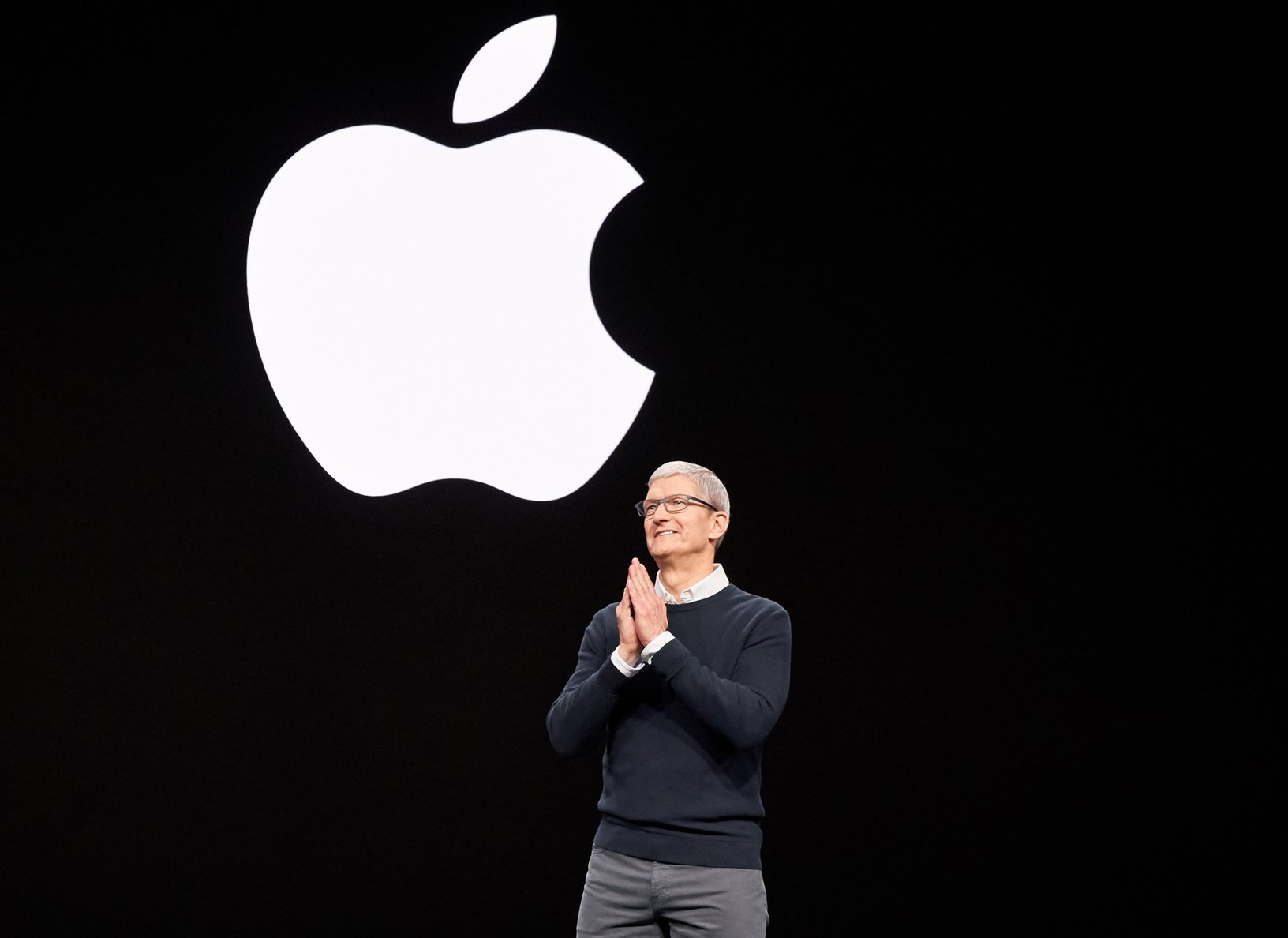The case will have to be approved by a UK competition tribunal.
What you need to know
- Apple has been hit with a $2bn lawsuit in the UK.
- A group representing consumers claims Apple charges "unlawful" and "excessive" fees through its App Store.
- It could see some 20 million customers receive a payout.
A UK group has filed the equivalent of a class-action lawsuit against Apple in the UK, over claims its 30% App Store commission rate is "excessive" and "unlawful".
According to multiple reports, the group, led by King's College London digital-economy lecturer Dr. Rachael Kent, allege that Apple "guards access to the world of apps jealously", charging entry and user fees that were "completely unjustified", which group says "is the behavior of a monopolist and unacceptable".
The action could see some 20 million UK Apple customers receive compensation if it is approved and finds success, with damages estimated to be around £1.5bn ($2.1bn). Specifically, it would apply to anyone who has bought an app, paid for a subscription, or made an in-app purchase in the UK App Store since October 1, 2015. The group says that Apple deliberately shuts out the competition and requires users to go through its own payment-processing system generating "unlawfully excessive levels of profit."
In a statement Apple said "we believe this lawsuit is meritless", stating it welcomed the opportunity to discuss with the court its "unwavering commitment to consumers and the many benefits the App Store has delivered to the UK's innovation economy." Apple also noted that the App Store commission rate was "very much in the mainstream", as evidenced by recent testimony in the ongoing Epic Games lawsuit. Apple further noted 84% of apps on the App Store are free, with developers paying nothing to Apple, and that the "vast majority" of developers are eligible for its lower commission rate of 15% introduced with the App Store Small Business Program.
The action in many ways closely echoes the arguments of Epic Games regarding the App Store, currently being tested in its massive antitrust lawsuit against the Cupertino Company.


0 Commentaires